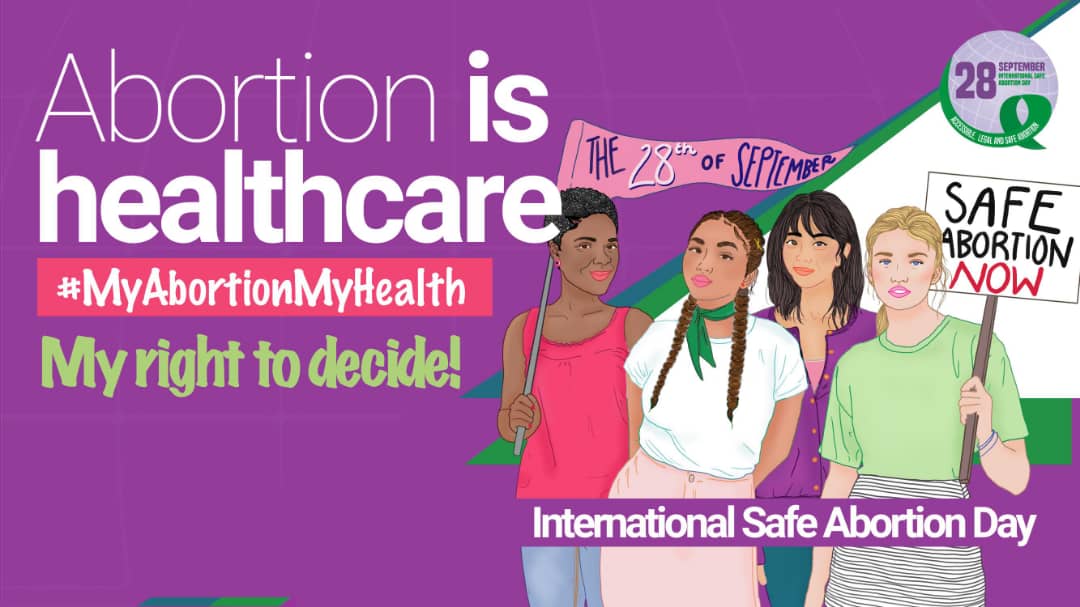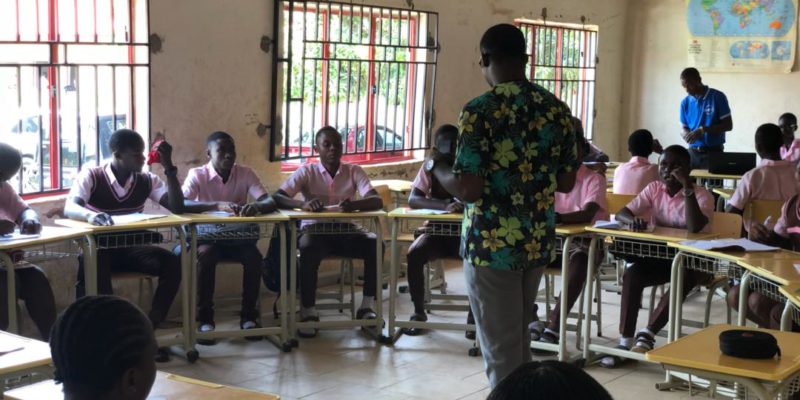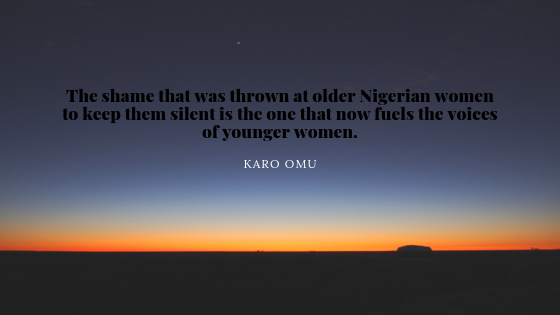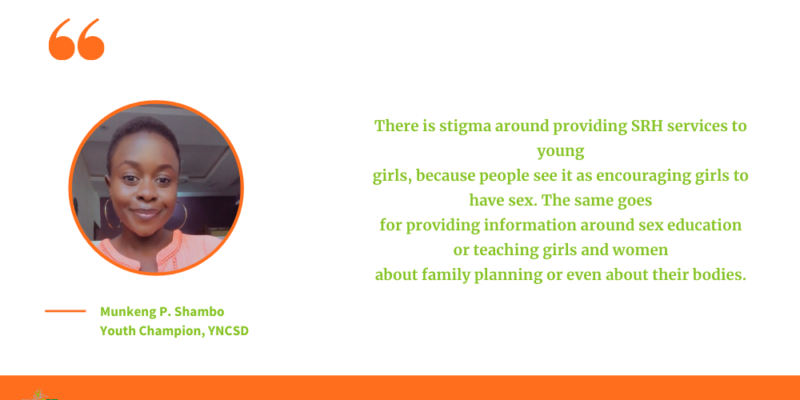The Youth Network for Community and Sustainable Development (YNCSD) identifies with all activists and organisations around the world to commemorate the International Safe Abortion Day. With young people calling for increased access to sexual and reproductive
health information and services including safe abortion, it has become necessary to integrate abortion services into essential healthcare by service providers, without any form of discrimination or criminalisation.
Unsafe abortions, according to the World Health Organisation (WHO), occur when a pregnancy is terminated by people who lack the appropriate medical expertise or when termination of a pregnancy occurs in an environment that does not measure up to minimal medical standards. WHO also reports that 25 million unsafe abortions take place each year with about 7 million women being admitted to hospitals as a result of complications
following unsafe abortions. Ultimately, unsafe abortions may result in infertility, injuries to the genital tract/internal organs, disabilities and death. In Nigeria, post-abortion care amounted to USD19million, according to a 2005 report by Guttmacher Institute from 2005.
Women and girls may resort to unsafe abortions for a number of reasons including legal restrictions, cost of services and stigma from both service providers and society. Regardless of the varying levels of acceptance surrounding abortion across different counties, abortion is commonly a procedure that is often stigmatised. The stigma surrounding abortion is an effect of societal attitudes and cultural perspectives that attempt to stifle women and girls’ reproductive and sexual rights. Stigma is a major barrier to women seeking and receiving abortion services.
Due to stigma or the fear of it, many women and girls tend to seek information from close friends or relatives, without any surety of reliability and safety so as to keep pregnancies or abortions private.
Today, we stand with pro-choice groups all over the world on this International Safe Abortion Day; to say that women face unwanted, unintended pregnancies and as such, should be allowed to access safe abortion as part of their human rights. We believe that engaging with communities in an attempt to challenge abortion-related stigma is critical in addressing the barriers to accessing safe abortion services. With our approach of using behavioural change communication through community engagement and a series of workshops on Values Clarification and Attitudes Transformation, we are pushing for the reversal of restrictive laws surrounding access to abortion services. Help us by being part
of the conversation – online and offline, to challenge the stigma that surrounds abortion.




